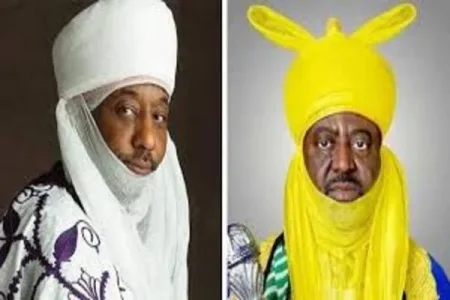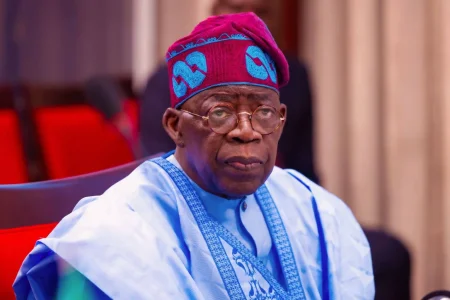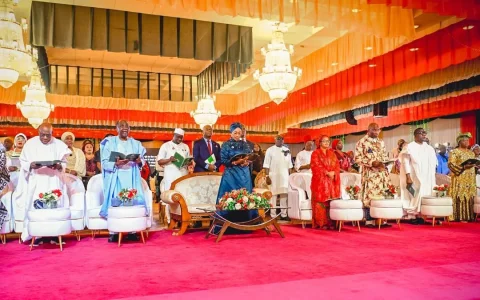
A Federal High Court in Kano is set to deliver a critical ruling on the repealed Kano Emirate Law amid rising tensions and allegations between rival political camps.
Tensions Flare in Kano as residents and stakeholders await a pivotal ruling from the Federal High Court presided over by Justice Muhammad Liman. The court is set to decide on the legality of the repealed Kano Emirate Law, a move that has sparked controversy and raised concerns about the preservation of traditional institutions.
The case was brought forth by Aminu Babba DanAgundi, the Sarkin Dawaki Babba, who challenged the amendment of the law by the state assembly, arguing that it violated his fundamental human rights. The respondents include the Kano State government, the state house of assembly, the speaker, the attorney general, the commissioner of police, and various security agencies.
At the heart of the dispute lies the decision by Governor Abba Yusuf to enthrone Muhammadu Sanusi II as the new Emir of Kano after amending the Emirate Law and abolishing the five emirates, consolidating power under a single emirate. This move led to the dethronement of the 15th Emir, Aminu Ado Bayero, who challenged the governor's actions.
The issue has polarized the state, with rival political camps rallying behind the two contending emirs. While Bayero enjoys the support of the ruling All Progressives Congress (APC) at the national level, Sanusi II is backed by the state's ruling New Nigeria People's Party (NNPP).
Security measures have been heightened in anticipation of the court ruling, with concerns over potential unrest or protests. The state attorney general has alleged that some individuals are attempting to penalize the people of Kano for exercising their democratic rights, further fueling tensions.
As the clock ticks towards the 2 PM ruling, legal experts, political analysts, and historians weigh in on the potential ramifications of the court's decision. The outcome could have far-reaching implications for Kano's traditional institutions, governance structures, and the delicate balance of power between the state and traditional authorities.
Source: Leadership Newspaper




